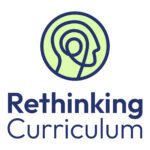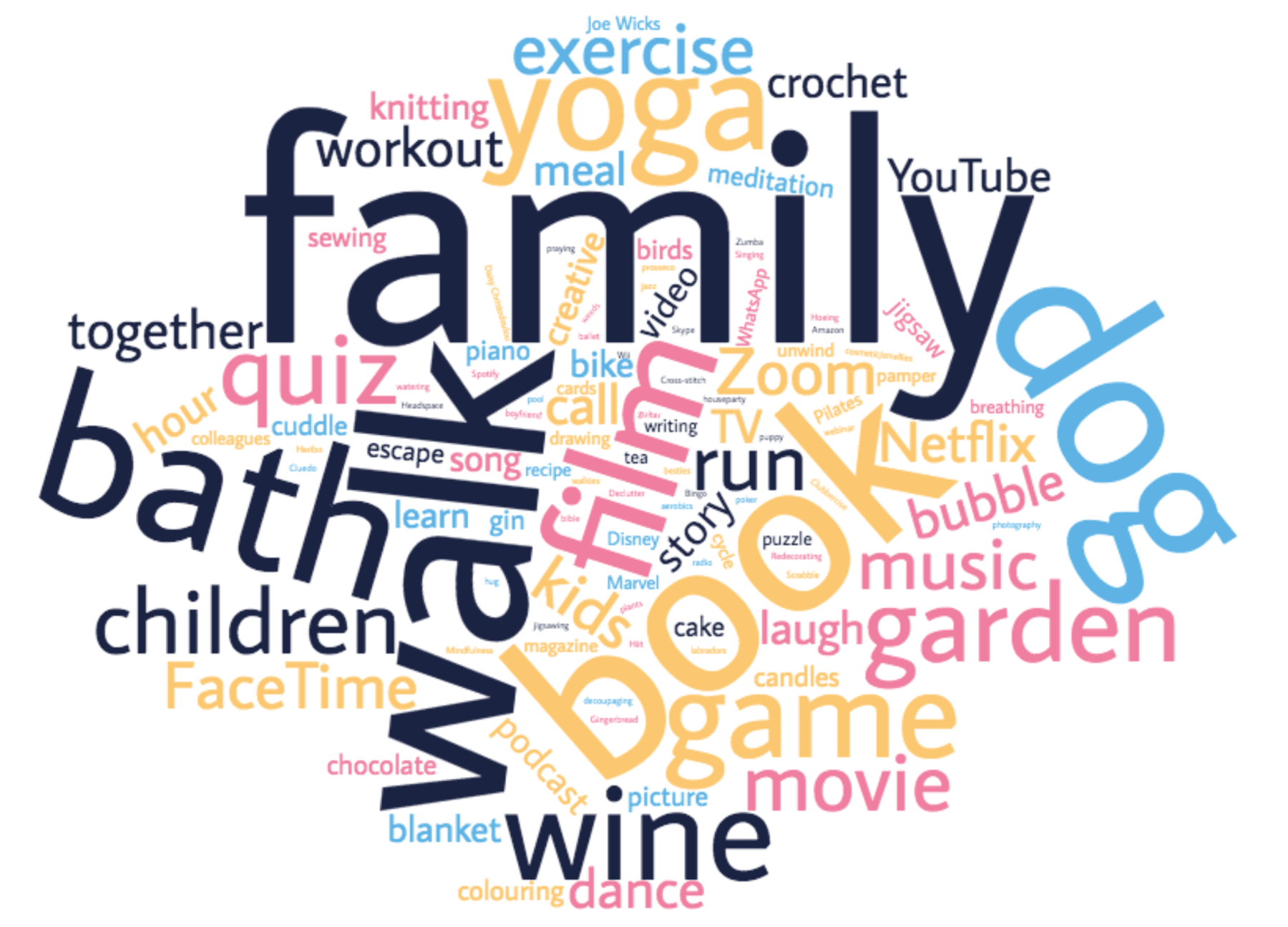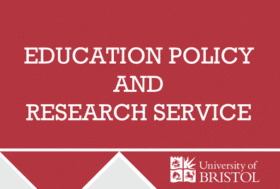Rethinking Curriculum: Climate change and sustainability education toolkit

 This article has been published as part of the Rethinking Curriculum project, kindly funded by The Helen Hamlyn Trust.
This article has been published as part of the Rethinking Curriculum project, kindly funded by The Helen Hamlyn Trust.
Climate change and sustainability education
Over the last century, human activity has led to average global temperatures increasing by one degree Celsius, resulting in rising sea levels, volatile weather events and degradation of our ecosystem (IPCC, 2022). This dramatic change has been deemed the most significant threat to humanity (Robinson, cited in Dolan, 2022). As such, the drive for sustainable action is increasingly becoming a global priority. In 2015, the Paris Agreement was signed as part of an international treaty to mitigate further increases in global temperature. Annually, the Conference of the Parties (COP) meet to negotiate climate-related actions and commit to change at a national level. The United Nations (UN) has also established a scientific body, the IPCC (Intergovernmental Panel on Climate Change), to report on climate change science and recommend mitigation strategies. Across these international coalitions, education is deemed to be playing a fundamental role in tackling the crisis, both now and in future generations (Brundtland, 1987; UN, 1992, 2015a; FED, 2022).
Over the last decade, there has been a particular focus on education for sustainability. Education for sustainability, as defined by Davis and Elliot (2024, p. 18), ‘seeks to empower people to assume responsibility for creating sustainable futures’. It is thought that to effectively tackle the climate crisis, educators must go beyond simply teaching the science of climate change and encourage students to critically engage with ways, both locally and globally, to create a fair, just and sustainable society (Davis and Elliot, 2024; Bourn et al., 2016; Rousell and Cutter-Mackenzie-Knowles, 2019).
References
Bourn D, Hunt F, Blum N et al. (2016) Primary education for global learning and sustainability. Cambridge Primary Review Trust. Available at: https://cprtrust.org.uk/wp-content/uploads/2016/02/Bourn-report-160217-final.pdf (accessed 18 September 2024).
Brundtland GH (1987) Our common future: Report of the World Commission on Environment and Development. United Nations. Available at: https://gat04-live-1517c8a4486c41609369c68f30c8-aa81074.divio-media.org/filer_public/6f/85/6f854236-56ab-4b42-810f-606d215c0499/cd_9127_extract_from_our_common_future_brundtland_report_1987_foreword_chpt_2.pdf (accessed 4 September 2024).
Davis J and Elliot S (2024) Young Children and the Environment: Early Education for Sustainability. London: Cambridge University Press.
Dolan A (2022) Pedagogy of hope: Futures teaching for climate change. In: Teaching Climate Change in Primary Schools: An Interdisciplinary Approach. London: Routledge, pp 284–304.
Intergovernmental Panel on Climate Change (IPCC) (2022) Climate change 2022: Impacts, adaptation and vulnerability. Available at: www.ipcc.ch/report/ar6/wg2 (accessed 18 September 2024).
Rousell D and Cutter-Mackenzie-Knowles A (2019) A systematic review of climate change education: Giving children and young people a ‘voice’ and a ‘hand’ in redressing climate change. Children’s Geographies 18(2): 191–208.
United Nations (UN) (1992) Agenda 21. In: United Nations Conference on Environment & Development, Rio de Janeiro, Brazil, 3–14 June 1992. Available at: https://sustainabledevelopment.un.org/content/documents/Agenda21.pdf (accessed 18 September 2024).
United Nations (UN) (2015a) Transforming our world: The 2030 Agenda for Sustainable Development. Available at: https://sdgs.un.org/2030agenda#:~:text=We%20resolve%2C%20between%20now%20and,protection%20of%20the%20planet%20and (accessed 18 September 2024).
Tools and resources
As part of the Rethinking Curriculum project, we have created a number of bespoke resources to develop your understanding of climate and sustainability education. These resources are designed to explore the distinct characteristics of this approach in further depth, understand what this could look like in practice and make informed decisions about whether this might be appropriate for your school and students.
We encourage you to engage with the following:
Read our research review
This review summarises some of the research evidence around climate and sustainability education, specifically exploring the impact and implications for primary school practice.
Read these case studies
Emma Vyvyan share her school’s journey in implementing a focus on climate change and sustainability education in her setting.
Thomas Johnson shares his school’s journey in implementing a focus on climate education in his context.
Climate Change All Change shares their creative approach in supporting primary schools with delivering climate change education.
These case studies could be used to understand the process further but is not intended to be replicated as we strongly believe that all schools should be delivering for their community and circumstances.
Watch this webinar
In this webinar, expert practitioners and researchers – Professor Leigh Hoath, Heena Dave, Jenn Plews OBE and Emma Vyvyan – share insights and experiences of embedding climate and sustainability education across the curriculum. This recording could be re-watched with your school leadership or teaching teams to begin to explore the purpose and application of a climate and sustainability-focused curriculum. To support with this, we have prepared a range of reflective questions to facilitate discussion and consider actions forward.
Watch this webinar
In this webinar, The Harmony Project highlights how to integrate sustainability into the primary curriculum. The project supports schools in preparing students to address environmental and social challenges. It promotes a sustainable, creative, and place-based approach to curriculum development. Hosted by Jenna Crittenden and Richard Dunne, the session explored successful strategies for implementing sustainability in education. This recording could be re-watched with your school leadership or teaching teams to begin to explore the purpose and application of a climate and sustainability-focused curriculum.
Use this evaluation tool
We have created an evaluation tool to be used with your school leadership teams to develop understanding of where your current curriculum is in terms of introducing and embedding a climate change and sustainability focus to your curriculum. The aim of using this tool is to celebrate and acknowledge the work you are already doing but also to refine actions going forward.
This tool could help with reviewing the curriculum at a whole school level, ensuring that expectations of experiences within the curriculum are relevant and catered for effectively. It could also support teacher development in the planning and application of the delivery methods.
This tool is intended to be used alongside the Rethinking Curriculum Evaluation Framework to be launched in December 2024. Click here for further information.
Use this document to explore how this approach aligns with the National Curriculum
As part of this project, schools asked for a tool to map how specific curriculum approaches aligned with the current National Curriculum. We invite you to use this document to further develop and refine your curriculum vision.
Go further with our reading and resources list
We have created a list of further reading and resources to deepen your understanding of developing a curriculum that focuses on climate and sustainability education. These include academic research, case studies and webinars. We have ensured that all resources are open access or available to members of the Chartered College of Teaching.

 This article has been published as part of the Rethinking Curriculum project, kindly funded by The Helen Hamlyn Trust.
This article has been published as part of the Rethinking Curriculum project, kindly funded by The Helen Hamlyn Trust.






